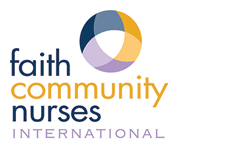Abstract
Hypertension remains a significant public health concern in the United States, affecting over 110 million adults, nearly half of the adult population. As a major contributor to cardiovascular diseases, including heart disease and stroke, hypertension accounts for a large number of deaths annually. Many individuals with hypertension remain undiagnosed and undertreated, leading to increased healthcare costs. Recognizing the importance of addressing this widespread issue, the healthcare community, including Faith Community Nurses (FCNs), has played an essential role in the prevention and management of hypertension. While pharmacological interventions are common, lifestyle changes have demonstrated their effectiveness in reducing blood pressure and enhancing the impact of medications. Emphasizing lifestyle modifications has become a cornerstone in recent hypertension guidelines aiming to optimize treatment outcomes and achieve target blood pressure values. These guidelines recognize the need for personalized care, considering factors like age, cognitive impairment, comorbidities, and orthostatic hypotension. Numerous guidelines have been written to direct the care of hypertensive patients, such as those by the American College of Cardiology/American Heart Association and the European Society of Cardiology/European Society of Hypertension. While they share common principles, they differ in blood pressure classifications and initiation thresholds for antihypertensive medications. Faith Community Nurses, as respected health professionals, play an integral role in hypertension prevention and management through community support and lifestyle guidance. Collaborating with healthcare institutions and local health departments, FCNs can actively participate in initiatives to promote healthier lifestyles to manage hypertension effectively.
First Page
6
